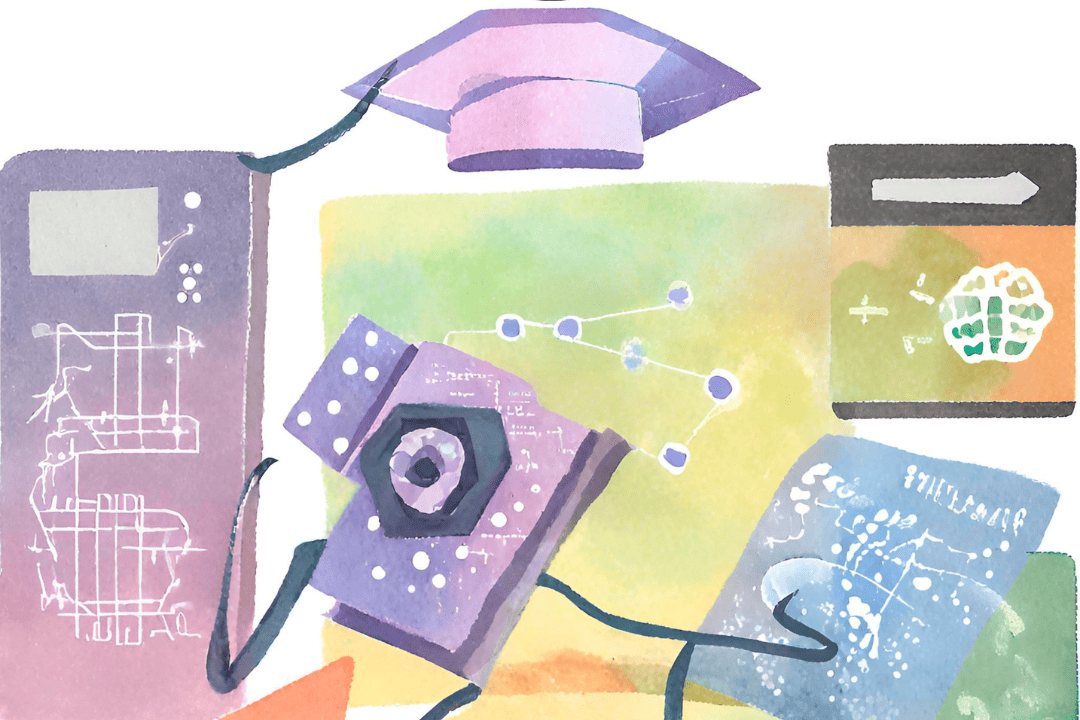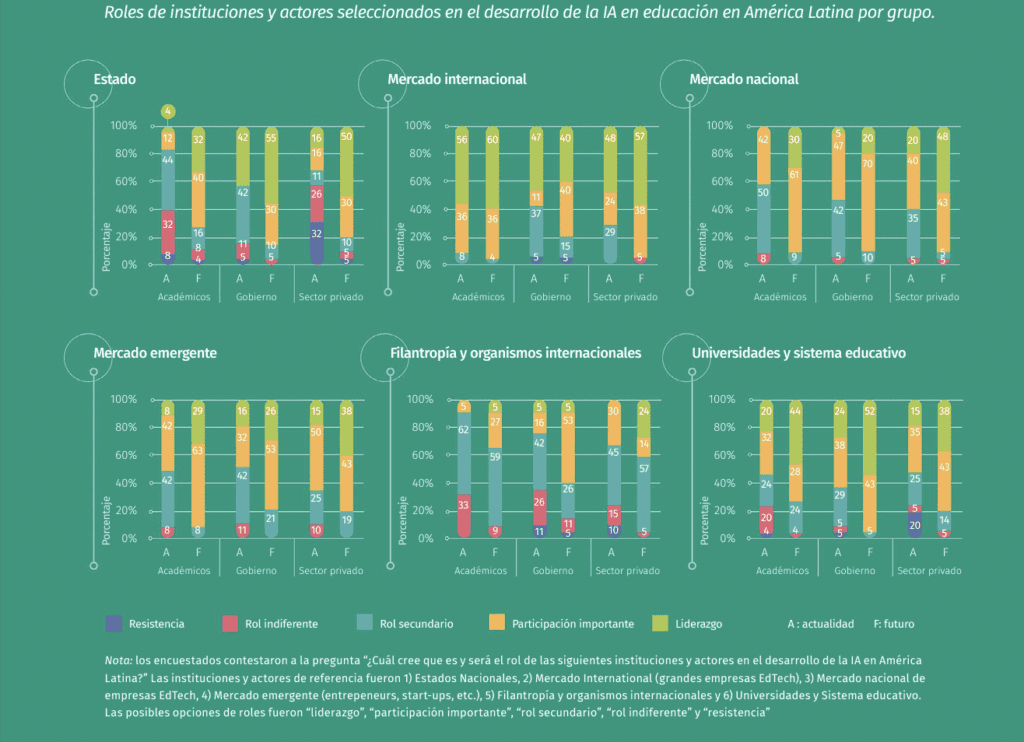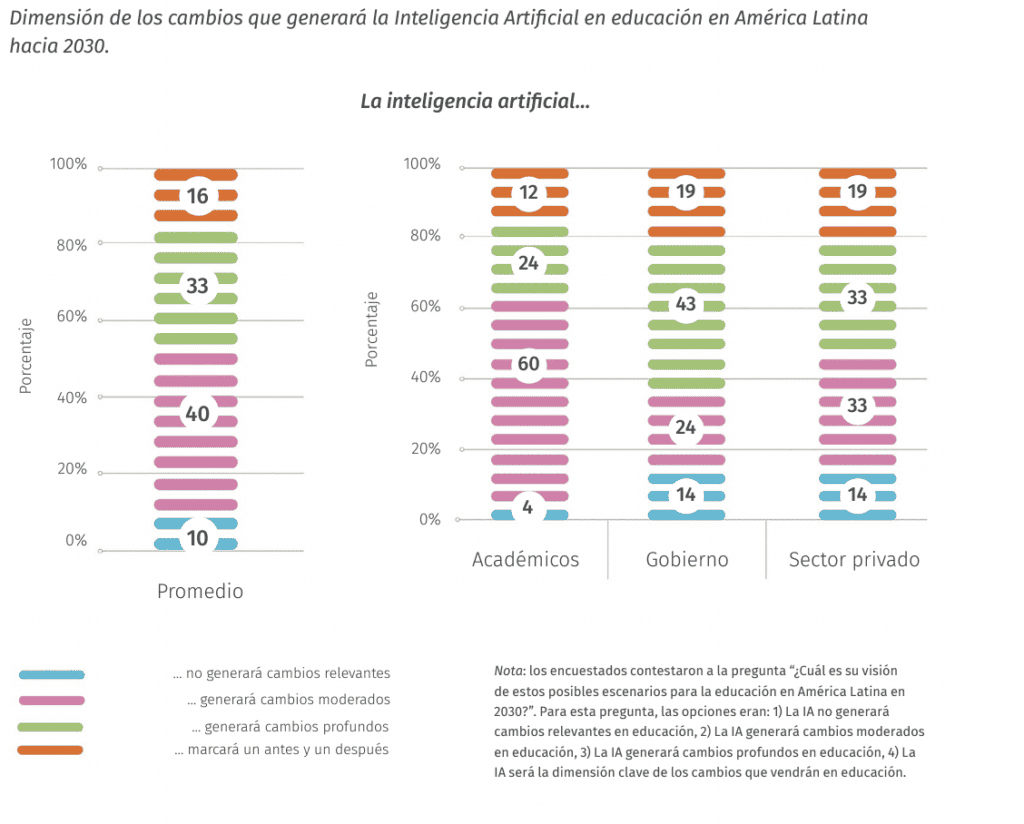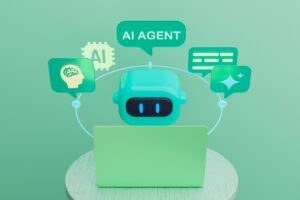
Por Jose Pulido
October 25, 2023
Artificial Intelligence (AI) has revolutionized numerous fields in the contemporary world, with education being one of the most promising. This technology has the potential to alter both teaching methodologies and learning dynamics.
A study by BlinkLearning reveals that 70% of teachers in Mexico already use digital content, whether it’s their own or sourced from the Internet, indicating an equitable transition from traditional physical range to digital. Furthermore, although only 20% of teachers have been trained in digital competencies, most have noticed increased student motivation due to using Information and Communication Technologies (ICT).
Jorge Linares, Chief Revenue Officer of Nubiral, emphasizes the importance of innovation in this sector:
“Digital transformation in education brings notable benefits for everyone. By implementing technological tools like AI, educational institutions can be more efficient, reduce costs, and promote a more open and inclusive education.”
Despite the advancements, Latin America still faces significant educational challenges. Although countries like Mexico and Brazil invest more in education compared to nations like the United States or China, only 58% of schools in Latin America have Internet access, compared to 97% in North America.
In its “Guide to Artificial Intelligence and Education,” UNESCO highlights that AI can tackle educational challenges by making learning accessible to more people allowing individuals to decide when and where to access information.
According to the study “The Future of Artificial Intelligence in Education in Latin America” by Profuturo and OEI, it is highlighted that public officials have less confidence in international market leadership compared to other groups regarding the implementation of artificial intelligence in education. This showcases the need and influence these institutions could have on regulating the use of this technology.

Roles of selected institutions and actors in the development of AI in education in Latin America by group. (Source: Profuturo)
On the other hand, private sector representatives place more importance on the role of national and emerging markets, indicating their confidence in influencing the process. Thus, regarding the challenges faced by tech startups, Linares believes:
“The main challenge is understanding student expectations. In the startup world, identifying what the student truly wants is crucial. Platforms must be more personalized and focused on their needs.”
Specifically, there are a series of challenges that, according to Linares, can be grouped as:
AI in education has multiple applications, from designing updated curriculums to creating personalized exams. It also allows remote assessments, offers customized learning, and helps teachers discover new methodologies.
In 2021, nearly USD $500 million was invested in Edtech startups in Latin America, reflecting substantial growth in interest in technological education in the region.
The EdTech sector and the emerging market of entrepreneurs and startups are taking a predominant role in integrating Artificial Intelligence (AI) into education. According to the Profuturo study, most respondents view these emerging institutions as leaders or key players pushing AI in the region’s education.

Dimension of the changes that Artificial Intelligence will generate in education in Latin America by 2030. (Source: Profuturo)
On the other hand, it’s interesting to observe how major international EdTech corporations are perceived with different relevance in this development. The general opinion among those surveyed is that these multinationals play a more secondary role in the evolution of applied AI in Latin American education. This perception could indicate a regional preference or trust towards local and emerging actors in education.
A crucial point Linares emphasizes is the need to exploit data properly:
“Data exploitation is not being carried out most effectively. Data scientists’ work is needed to obtain valuable insights that benefit educational platforms.”
“The future of education is being written now. There is a tremendous opportunity for EdTechs, especially if they learn to exploit information properly. The technological gap in Latin America will gradually close, paving the way for more inclusive and personalized education,” concludes Linares.

Por Stiven Cartagena
December 4, 2025

Por Alfie Pannell
January 8, 2025